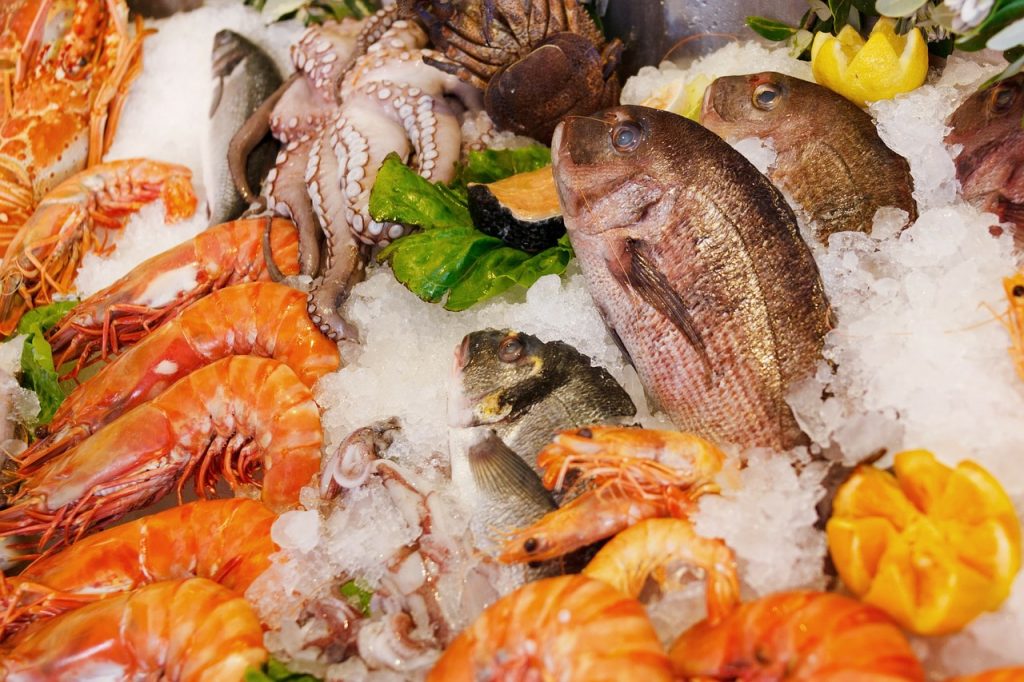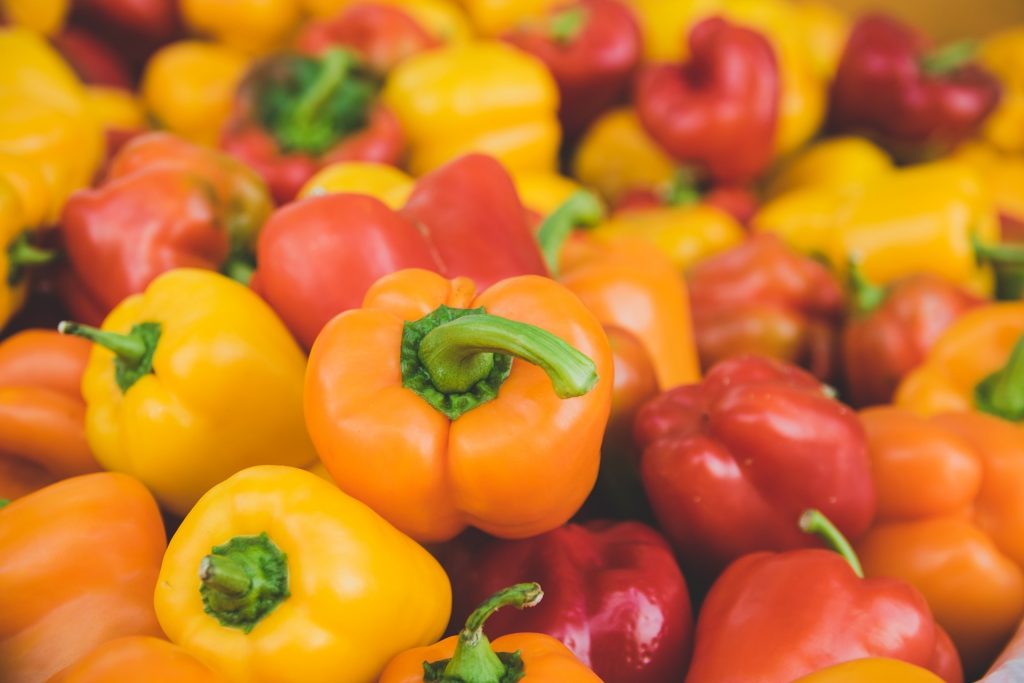Blog
Eating for Skin Health
Sian Riley, dietitian at Red Pepper Nutrition, specialises in dietetic advice for people who have sustained traumatic injury such as spinal cord injury (SCI), acquired brain injury or orthopaedic injury. She empowers people to enjoy eating and to optimise their food intake and nutrition for rehabilitation and independence, reducing the risk of future disease and illness.
SIAN RILEY
DIETITIAN, RED PEPPER NUTRITION
Looking after your skin is especially important after SCI. Getting your food and fluid intake right for your health can help you feel good and live more independently. In this article Sian looks at how nutrition can impact skin health.
Changes to body composition are common following an SCI. Decreased muscle mass and increased fat mass not only raise the risk of chronic diseases, such as cardiovascular disease and diabetes, but can also compromise skin health.
Eating well can play a huge part in your skin management routine and plays an important role in nourishing from the inside. Here’s how…
Caring for our skin
Our skin takes a battering from the outside on a daily basis, so we all need to think about fixing our skin from the inside out. This is particularly important for those living with an SCI, as good nutrition helps to reduce the risk of pressure sores and to speed up the healing process.
Regular meals and protein
Our skin needs a lot of nutrition –protein in particular – to maintain its integrity and to repair any damage. Our body uses protein more effectively when it’s spread out throughout the day, so aim to eat foods high in protein such as lean meats, fish, low-fat dairy, eggs, beans, pulses and nuts regularly.
Antioxidants
Antioxidants, such as vitamins A, C and E, help to prevent damage to our cells. By eating citrus fruits (vitamin C), orange-coloured fruit and veg (vitamin A), nuts and wholegrains (vitamin E) you can help your body combat some of the damage caused to our skin by UV rays, pollution and the simple bumps, rubs and knocks we pick up on a daily basis.
Vascular health
Keeping your veins and arteries healthy is crucial for good skin health. It ensures continuous blood flow to the skin, helping it form a strong barrier and heal if it’s compromised.
A regular, balanced diet underpins vascular health because it limits fluctuations in blood sugar – which could otherwise damage blood vessels. Good vascular health also reduces your risk of developing diabetes and cardiovascular disease.
Omega 3
Omega 3 essential fatty acids – found in oily fish, such as sardines, mackerel and salmon – as well as walnuts, rapeseed oil, linseed and chia seeds – are important for cardiovascular health.
Iron
Healthy blood cells are needed to carry oxygen and other nutrients to our skin. Iron is an important micronutrient needed for blood cell production and the transportation of oxygen. Iron-rich foods include red meat, fortified cereals and green leafy vegetables.
Vitamin C
Iron’s absorption is improved with a source of vitamin C. By including a small glass of orange juice or a piece of fruit with your meals and avoiding tannins found in tea, coffee and red wine, you will improve iron absorption.
Zinc
Zinc, as well as vitamin C, is important in the structural integrity of collagen. Without zinc and vitamin C, collagen cannot be created by the body and without collagen our skin cannot heal. Meats and seafoods are also an important source of the mineral zinc, as are dairy foods, seeds, nuts, beans and lentils.
Staying hydrated
This can be a challenging area for those living with an SCI, as it can be tempting to manage urinary incontinence by drinking less. But dehydration will undermine your skin health, causing it to crack more easily and heal more slowly. Remember that oedema (fluid collecting and causing swelling in extremities) is linked to circulation and blood flow; focusing on vascular health can improve circulation and reduce fluid build-up.
Oedema can also be an issue for wheelchair users due to reduced mobility. Poor nutrition worsens oedema, so maintaining a regular diet with an adequate protein intake and reducing dietary salt intake (by replacing with herbs and spices) will help to reduce fluid swelling.
To find out more, contact Sian at
Twitter – @RedPepperNutri
Linked In – Sian Riley


